Scaling a business is an intricate process that demands a balance between ambition and strategic planning. Growth alone is not enough; the ability to scale sustainably ensures longevity and profitability. Successful companies expand their operations while maintaining efficiency, customer satisfaction, and profitability.
One of the essential elements of business scaling is a solid foundation. Businesses must refine their internal processes before expanding. Without well-established workflows, scaling can magnify inefficiencies rather than drive success. Leadership must assess operations, identify bottlenecks, and optimize systems to ensure that growth does not compromise quality or service delivery.
A crucial factor in scaling is the development of a strong team. Businesses that grow without a well-prepared workforce risk overwhelming employees and diminishing productivity. Investing in training programs, fostering a culture of adaptability, and hiring strategically help create a resilient team that can support expansion efforts. Leadership should focus on empowering employees and encouraging innovation, allowing the business to evolve naturally while maintaining its core values.
Technology plays a pivotal role in business scaling. The right tools can automate processes, improve efficiency, and enhance customer interactions. Companies that leverage digital solutions for operations, marketing, and customer support gain a competitive edge. Cloud computing, artificial intelligence, and data analytics enable businesses to make informed decisions and scale without unnecessary risks. The integration of scalable technology ensures that operational capacity aligns with growth objectives.
Expanding market reach is another critical aspect of scaling. Businesses must explore new markets, whether through geographical expansion, product diversification, or strategic partnerships. Entering new regions requires thorough market research to understand customer needs, regulatory requirements, and competitive landscapes. Strategic alliances with industry partners can also facilitate growth by providing access to resources, distribution channels, and expertise.
A strong brand identity supports sustainable scaling. Businesses that cultivate a recognizable and trustworthy brand are more likely to retain customers and attract new ones. Consistency in messaging, product quality, and customer experience builds brand loyalty. Companies must focus on delivering value and maintaining the authenticity that initially attracted their audience. A clear value proposition helps differentiate a business in competitive markets, fostering long-term success.
Financial management is fundamental to sustainable scaling. Rapid expansion can strain financial resources, making it essential to maintain healthy cash flow and secure funding when necessary. Businesses must evaluate their financial structures, ensuring they have the capital required to support growth initiatives. Strategic investments in infrastructure, marketing, and personnel should align with long-term objectives rather than short-term gains.
Adaptability remains a key determinant of scalability. Markets change, consumer preferences shift, and economic conditions fluctuate. Businesses that thrive in dynamic environments are those that anticipate trends, embrace innovation, and remain agile in their strategies. Leadership must be open to change and ready to pivot when needed. Continuous learning, market analysis, and customer feedback help businesses refine their scaling strategies over time.
Sustainable growth requires a customer-centric approach. Scaling should not come at the expense of customer satisfaction. Businesses must prioritize exceptional service, personalized interactions, and responsiveness to consumer needs. Loyal customers become brand advocates, driving organic growth through referrals and positive reviews. Maintaining strong relationships with existing customers while expanding to new audiences ensures a balanced and successful scaling process.
Effective scaling is not about rapid expansion alone but about growing with purpose and sustainability. Businesses that focus on operational efficiency, talent development, technological integration, market expansion, brand consistency, financial stability, adaptability, and customer experience position themselves for long-term success. With the right strategies, companies can navigate the complexities of scaling while preserving their core values and delivering lasting value to stakeholders.
